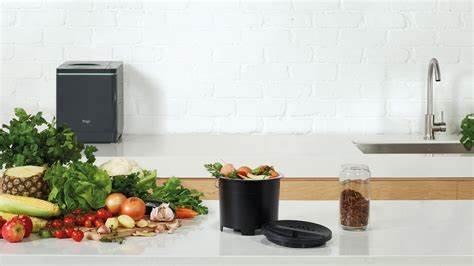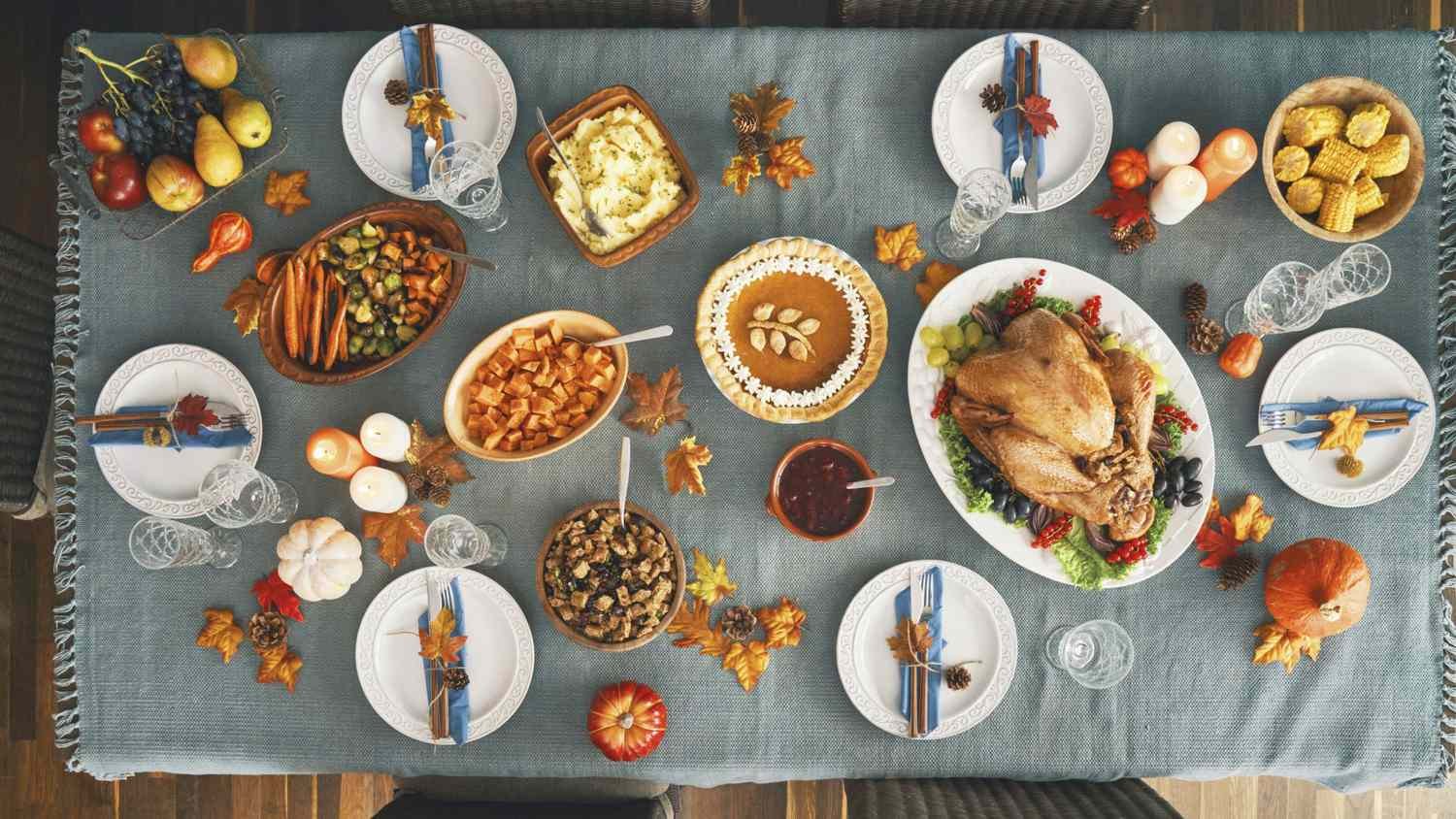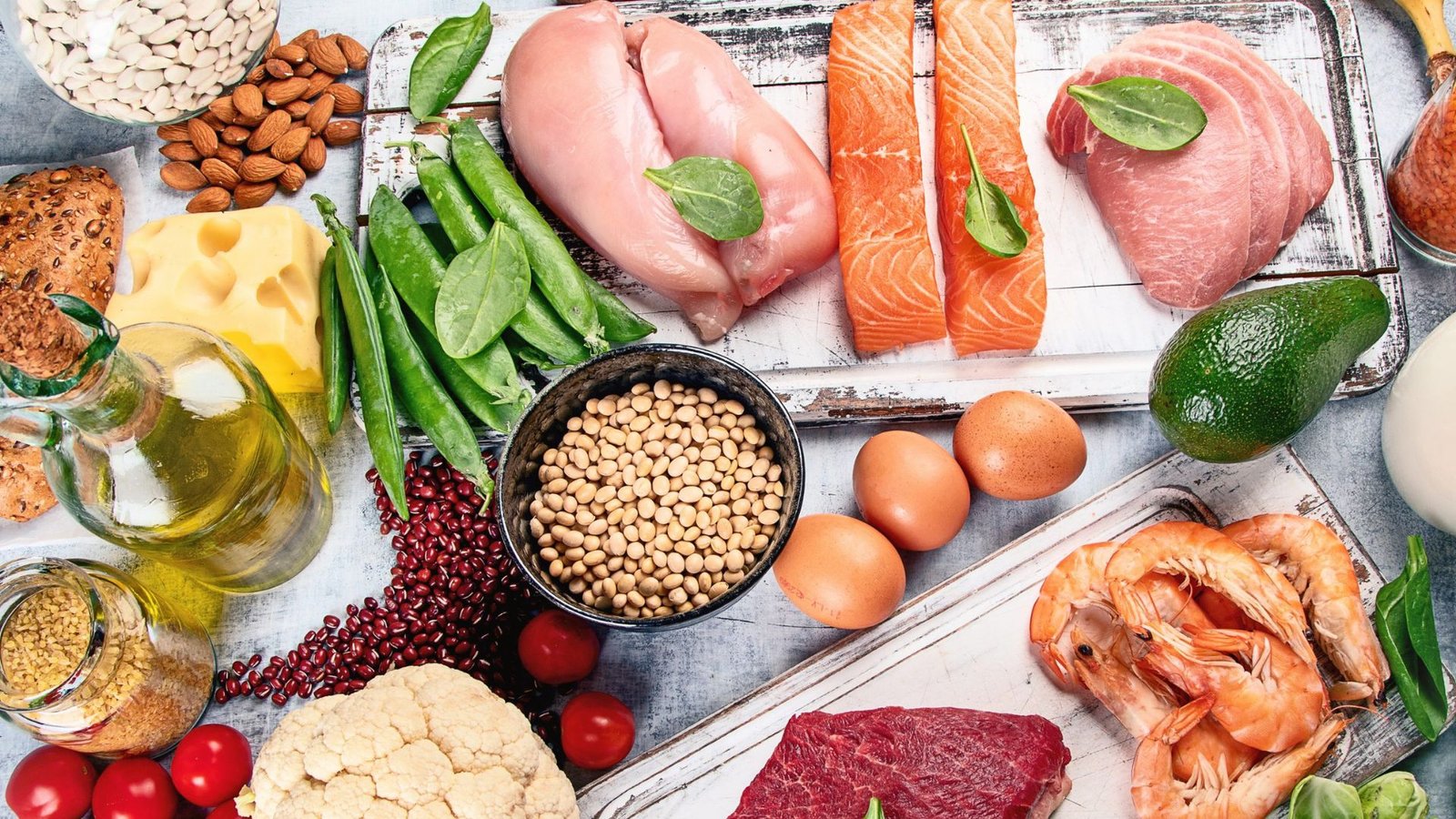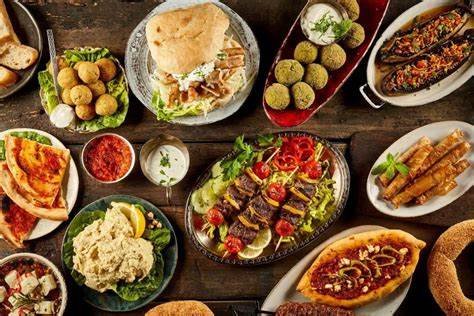1. Plan Your Meals
Planning meals for the week helps you purchase only what you need and avoid impulse buys. Take inventory of what you already have in your pantry and refrigerator before grocery shopping to minimize overbuying and reduce food waste.
2. Use Leftovers Creatively
Instead of tossing leftovers, find ways to repurpose them into new meals. For example, leftover roasted vegetables can be turned into a hearty soup or added to a salad. Leftover chicken can be used in sandwiches, wraps, or salads.
3. Store Food Properly
Proper storage is key to extending the shelf life of fruits, vegetables, and leftovers. Use airtight containers to store opened bags of grains, cereals, and snacks. Store fruits and vegetables in the fridge or at room temperature based on their specific needs.
4. Freeze Extra Food
When you have surplus ingredients or meals, freezing them is an excellent way to prevent waste. Fruits, vegetables, meats, and even cooked meals can be stored in the freezer for later use. Just be sure to label the items with dates so you know when to use them.
Explore Dinner Ideas
Discover a variety of delicious and easy dinner recipes at I Made Dinner. For those interested in exploring different forms of online entertainment, you can find information about https://www.gambling360.com/live-dealer/.
5. Make Broths and Sauces from Scraps
Instead of throwing away vegetable peels, stems, or bones, use them to make homemade broths. These can form the base of soups, sauces, or stews, adding extra flavor while reducing waste.
6. Compost Your Food Scraps
Composting food scraps like coffee grounds, vegetable peels, and eggshells can help reduce the amount of waste sent to landfills. It also creates nutrient-rich soil that can be used for gardening.
7. Get Creative with “Ugly” Produce
“Ugly” or imperfect fruits and vegetables are often overlooked but are perfectly fine to eat. Use them in soups, smoothies, or baked goods. They may not look as pretty, but they taste just as good!
8. Portion Control
Serving smaller portions and allowing people to ask for seconds can help prevent excess food from going to waste. It’s better to start with smaller servings and offer more if needed.
9. Use Scraps for Baking
Leftover bread crusts can be used to make breadcrumbs, and overripe bananas can be used for banana bread or smoothies. Get creative with using up extra or leftover ingredients to reduce waste in your baking.

10. Donate Unused Food
If you have excess food that you won’t be able to use in time, consider donating it to a local food bank or shelter. Many organizations accept non-perishable goods and fresh produce.
Recipe Ideas to Reduce Food Waste:
- Leftover Vegetable Soup: Use up wilted or leftover vegetables to create a warming and delicious soup.
- Banana Bread: Overripe bananas make the perfect base for a delicious banana bread or muffins.
- Chicken and Vegetable Stir-Fry: Use leftover chicken and veggies to create a quick stir-fry.
Conclusion
Reducing food waste at home is not only good for your wallet but also great for the environment. By planning meals, being creative with leftovers, and using proper storage techniques, you can ensure that food goes farther and waste is minimized. With a little effort and a few simple strategies, you can make a big difference in reducing food waste in your home.




